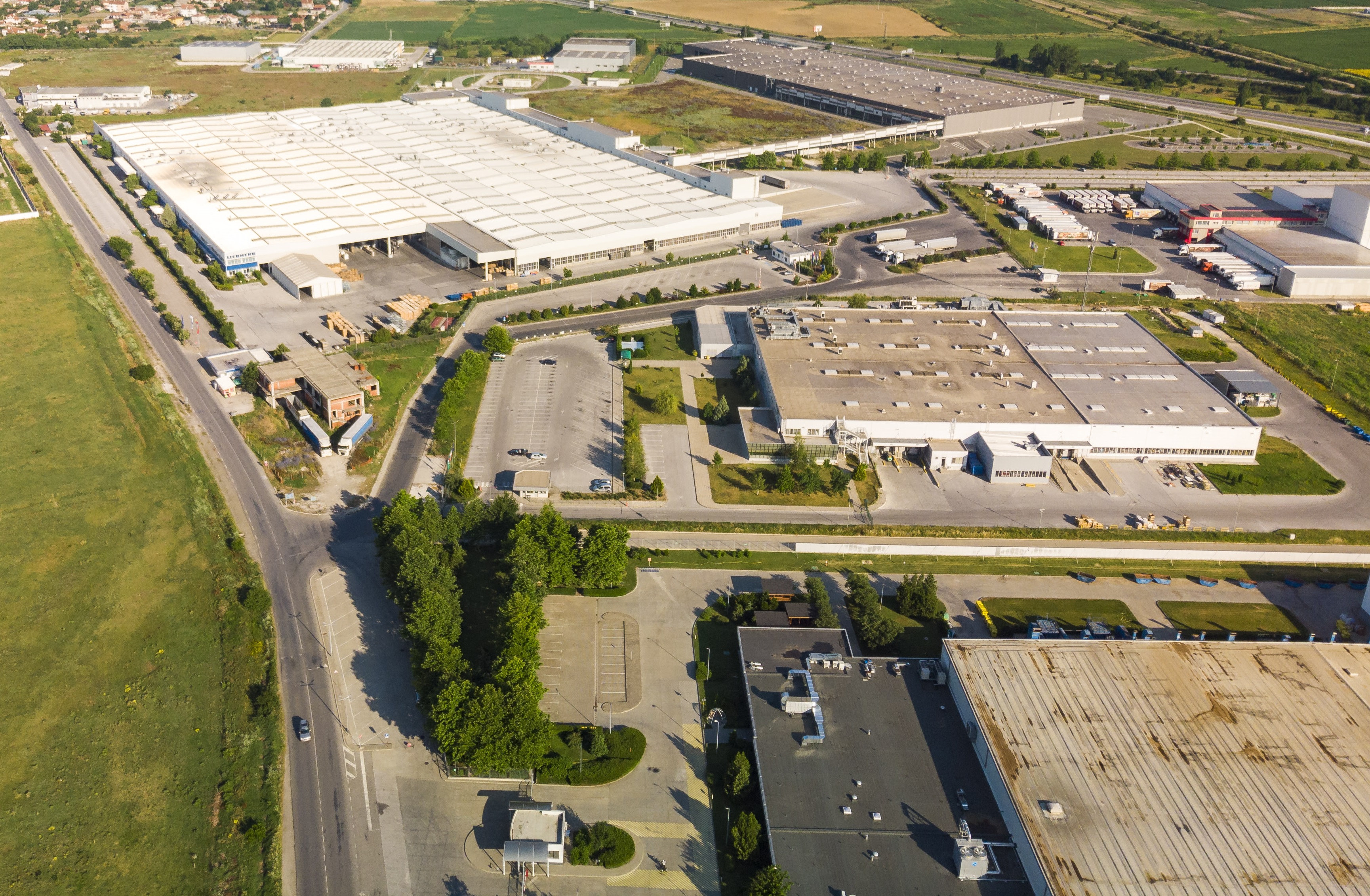In 2021, Plovdiv is ahead of Sofia for the first time in terms of annual population growth. This is clear from the latest NSI data from May, which show that Plovdiv has increased by 1,022 inhabitants over the past year. This figure gives it the first place among the big cities in the country. Thus, the population of the cultural capital already numbers 343,070 people – just over 50% of all residents in the area. Stats show that Plovdiv and Varna are the only regional cities that have increased their population, as the seaside city has increased by 292 inhabitants. The gap between the two cities is also widening to almost 10,400 citizens. Plovdiv District, on the other hand, although fourth in area, is yet again second in terms of population with 663,900 people, or nearly 10% of the population of the country. The data is based on the registrations in General Directorate For Civil Registration And Administrative Services and the real numbers are much higher.
In the last few years, traditionally, the number of people settling from abroad and Sofia in Plovdiv is higher than those leaving. The rapid economic development of the city, the industrial zones and the Thrace Economic Zone, the rapidly growing share of business services, winning the title of European Capital of Culture and the relatively high quality of life are among the main reasons for the positive development of the city. The well-developed ecosystem has made the city one of the most attractive investment destinations in Southeast Europe. Along with the intensive positive trends in the local economy, the labor market in Plovdiv is also growing, making it an attractive center for people from all over Bulgaria and abroad. According to data from 2021, over 20,000 foreigners live and work in Plovdiv.
“We expect this growth trend to continue. The main drivers of the economy will continue to be mechatronics and machine building in manufacturing, the outsourcing industry and finance in business services, as well as the traditionally strong trade sector,” said Deputy Mayor for Business Development Stefan Stoyanov. “The well-distributed economy of the region creates more and more attractive job opportunities and this attracts tens of thousands of people every year,” he added.



